Travel can be eye-opening in more ways than expected. Some destinations look appealing but feel abrasive once you’re there. Locals may follow different social norms, which can come off as dismissive or cold.
These are destinations where visitors often say they didn’t feel welcomed and noticed a distinct lack of warmth or helpfulness from the people they encountered.
France
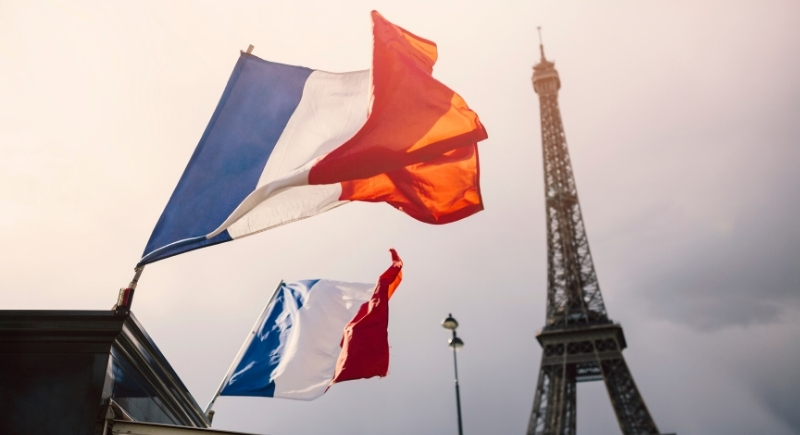
You may be surprised by how formal the social rules in France are. In shops and restaurants, staff may appear uninterested unless greeted properly. Saying “bonjour” upfront matters more than most travelers can imagine. If you skip that, you could be on the receiving end of clipped service.
Russia
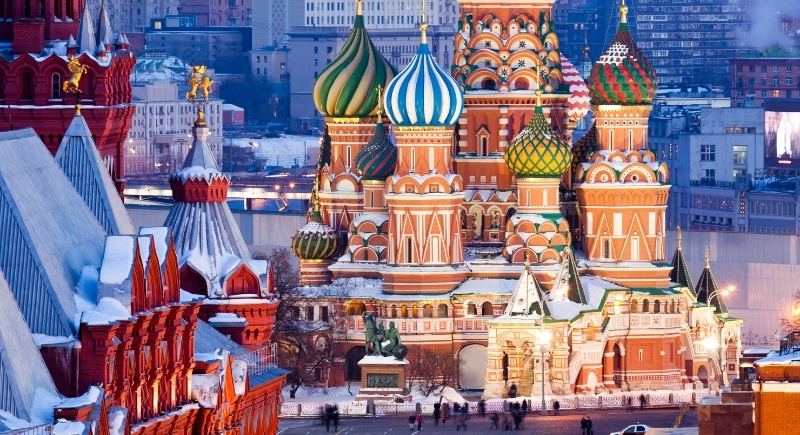
Smiling at strangers or making small talk isn’t part of Russian culture. Conversations tend to be direct, and no one ever softens their tone. What sounds like anger might just be the normal way of speaking. Guests asking for help usually receive short, serious replies. This bluntness can seem harsh to those used to friendlier greetings.
United Kingdom
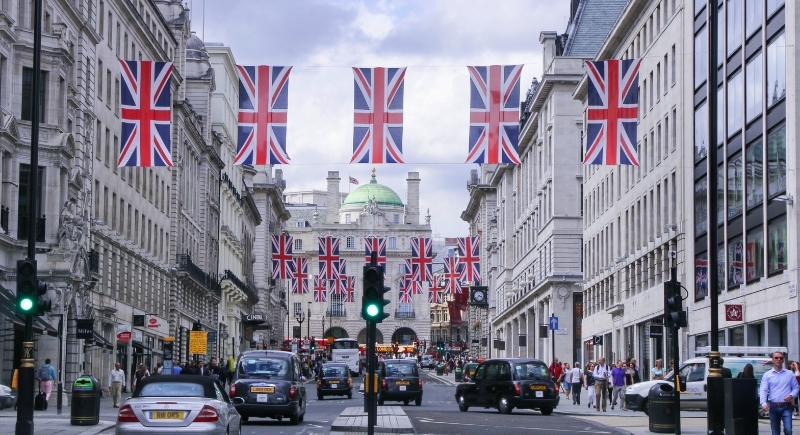
British reserve comes off as rudeness to outsiders, but it’s more habit than hostility. This social coolness stems from a long-standing cultural preference for privacy and understatement. People tend to keep emotions contained and avoid drawing attention. In cities like London, that turns into a brisk, no-nonsense demeanor in public.
China

It can seem abrupt and overwhelming the first time you face a crowd in Beijing or Shanghai. Citizens move fast, speak loudly, and don’t think twice about brushing past you. But it’s not personal, just the way dense cities function. If you watch how locals navigate, you’ll adjust quicker. So, try to keep things direct, don’t expect casual chit chat, and stay calm in busy spaces.
South Korea
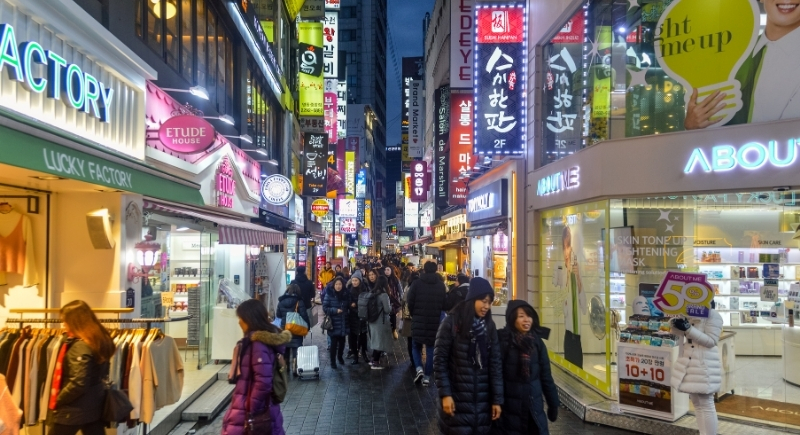
In South Korea, it’s common for shop staff not to greet customers or make eye contact. You can say hello and bow, but often you’ll get no response. At checkout, employees usually just finish the sale quietly. This lack of small talk is normal there.
India
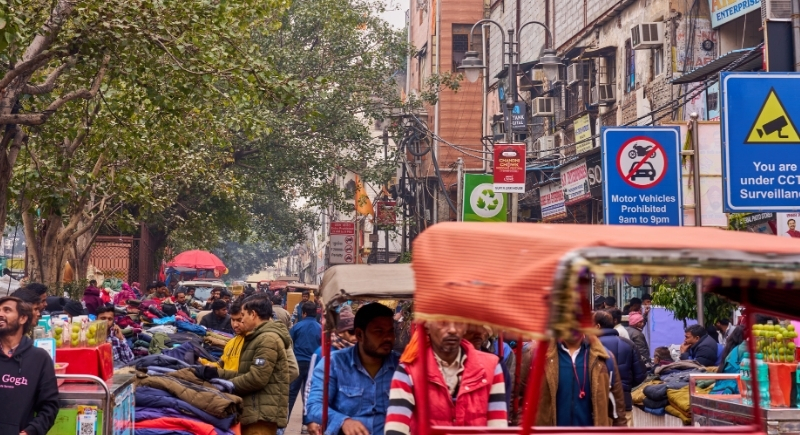
Tourists experience being bombarded in India, especially in crowded cities. Vendors approach persistently, and personal questions come without hesitation. Citizens tend to act curious, not rude, but it is still invasive. Those who are unaccustomed to this level of attention may find themselves drained.
Germany
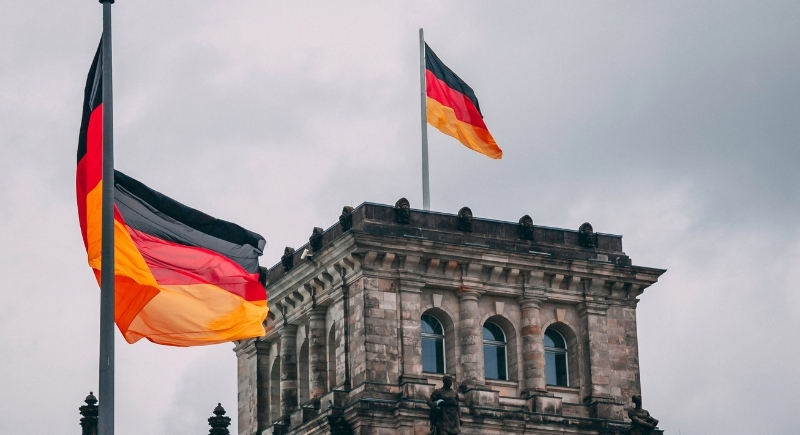
While you may think it’s rude to correct strangers, many Germans see it as normal. Pointing out mistakes like crossing at a red light or tossing trash in the wrong bin is all about keeping order. That same mindset shows up in conversation, where residents value clarity over charm.
Egypt

Persistent offers for tours, goods, or tips will follow you the moment you set foot in Egypt. Some vendors even follow tourists, which can lead to an uncomfortable situation. Women travelers also mention added discomfort from stares or comments. To ease tension, dressing conservatively and staying in groups helps.
Morocco

No one warns you how relentless the street attention can be in Morocco. Hawkers and sellers shout to get your attention, come after you down the street, or pressure you into shops you didn’t plan to enter. Offers to help mostly come with an expectation of payment, even for simple directions. It’s easy to feel cornered when “no” doesn’t seem to end the conversation.
United States
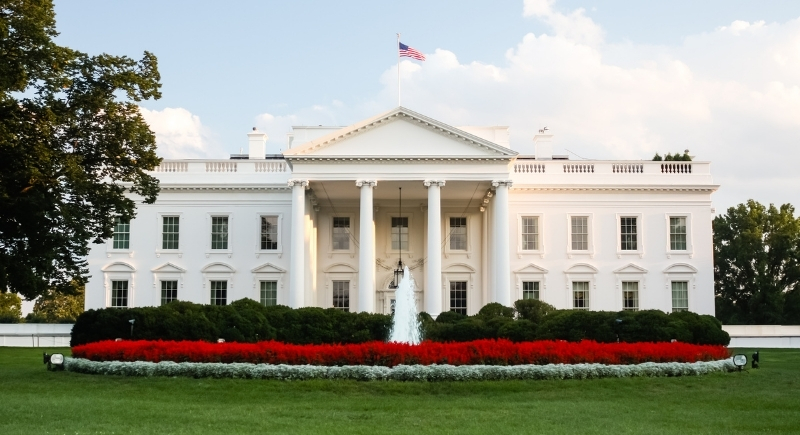
The hospitality in America varies sharply by region and setting. Cities, such as New York, leave visitors feeling rushed or dismissed. Airport workers may seem cold, and restaurant service ties closely to tipping. Asking for directions can bring quick, impatient answers. Friendly interaction does happen, but not as a default.
Switzerland
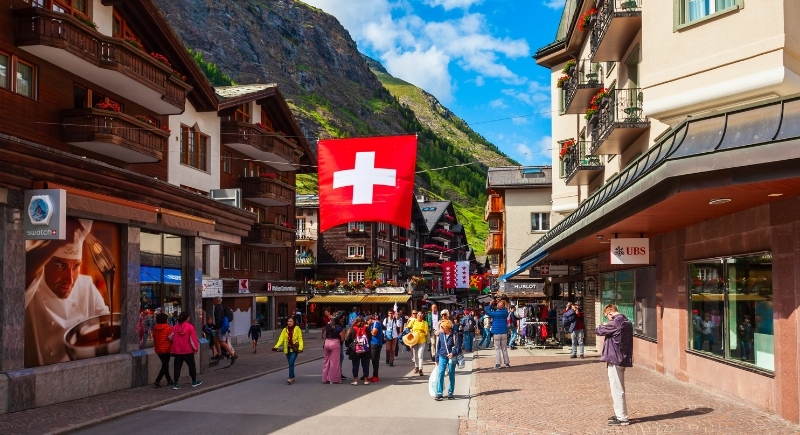
Everyone seems to have Switzerland on their bucket list for the mountains, the trains, and the calm. But what many don’t realize is that the people there aren’t exactly welcoming. Residents avoid unnecessary conversation and expect others to behave quietly and correctly. In case you’re loud, underdressed, or stand out too much, be prepared to get side-eyes or silence.
Spain
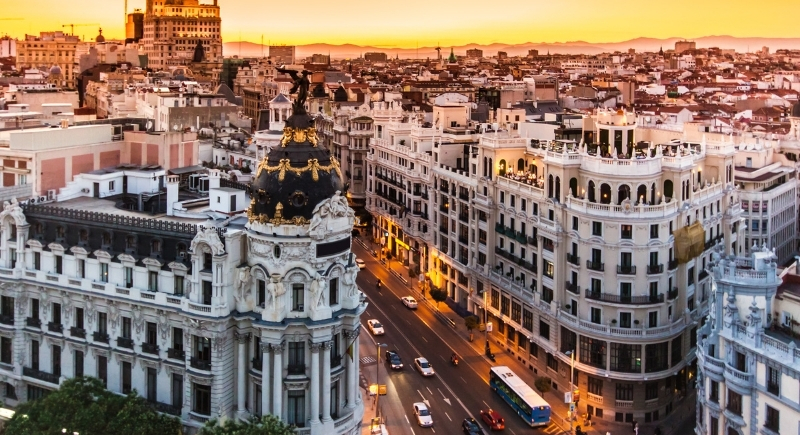
Before you visit Spain, it helps to learn at least a few words of Spanish, or you might be treated with clear disinterest. In various locations, guests report being ignored or snapped at for speaking only English. Individuals in busy areas show little patience for what could be tourist entitlement.
Finland
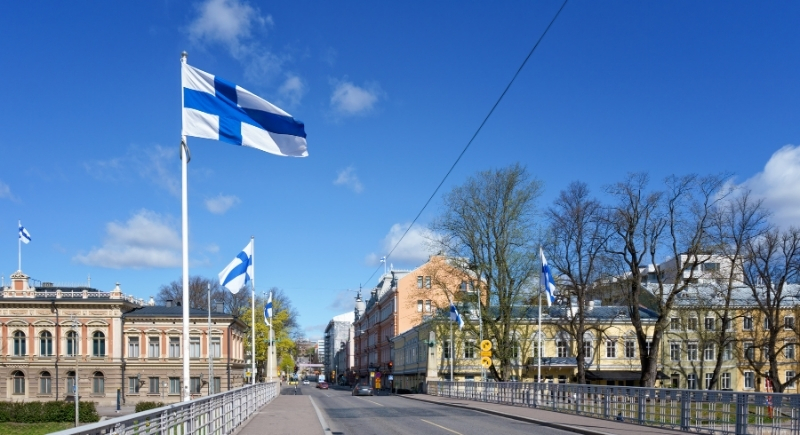
Social politeness in your country might mean smiling at strangers or wishing someone a good day. In Finland, it means not bothering others at all. Remember, the silence there is just respect for space. Matching that subdued behavior will get you the help you need during your stay. But without prompting, don’t expect conversation or friendly gestures in public.
Argentina
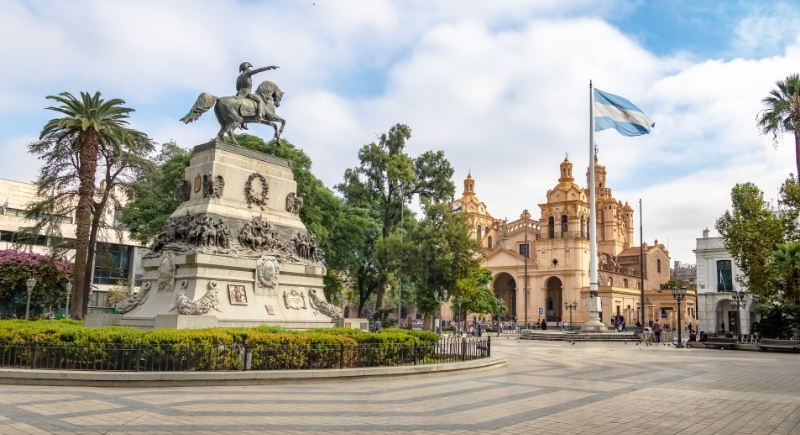
There are two very different social experiences in Argentina. In upscale neighborhoods of Buenos Aires, people seem distant, hurried, or uninterested in engaging with strangers. But once you leave the capital or venture into smaller towns, the tone changes, and residents start to become approachable.
Saudi Arabia
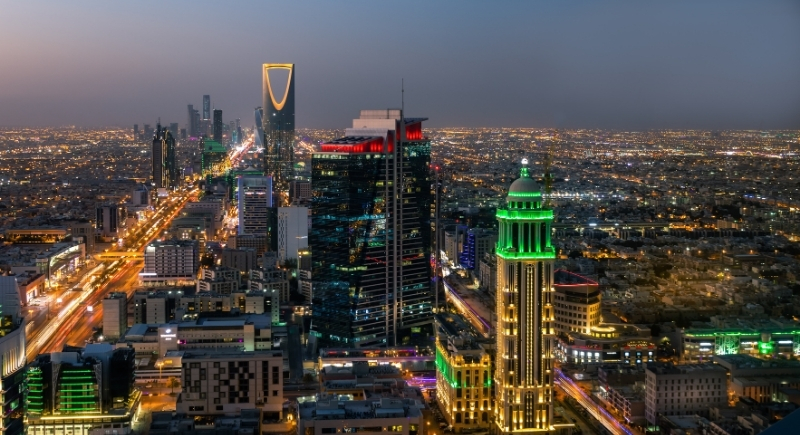
Learning basic etiquette and dressing conservatively makes a big difference when visiting Saudi Arabia. The country holds firmly to its customs, with clear expectations around behavior, gender roles, and modesty. Overlooking these norms will have you feeling out of place or unwelcome.